Kidney Stones- Causes, Symptoms, Treatment, and Prevention
About Kidney Stones
Kidney stones are stones that form in any part of the urinary tract. These are hard deposits of salt and minerals such as calcium or uric acid that cannot be dissolved by the body. When higher levels of these minerals get accumulated, kidney stones develop.
Our urinary system works round-the-clock to excrete waste matter from the body. The kidneys, which are bean-shaped organs, purifies the blood and removes toxicants through the urine. When these toxicants don’t dissolve properly, stones develop.
Kidney stones can be very painful as their size increases or the stones move towards the bladder. When these stones get stuck in the ureter, urine flow can be blocked which can cause immense pain.
Free Consultation
Get Kidney Stones treatment cost estimate
Facts about Kidney Stones


Facts of an kidney stones can include:
- Kidney stones can be as small as a grain of sand or as big as a golf ball. Some stones can be smooth while others can be snaggy. Some kidney stones can be yellow while some stones can be brown.
- Kidney stones are medically known as renal calculi.
- It is not necessary that these stones occur only in the kidneys. The stones can develop anywhere in the urinary tract- kidneys, ureters, bladder, urethra.
Causes of Kidney Stones
Everyone should have the habit of drinking an ample amount of water regularly. The reason is a simple one- preventing the development of gallstones. We should drink 6-8 glasses of water in a day which produces more than one liter of urine per day. The chances of stones developing increases when you drink less water than the required amount.
The primary reason for the formation of kidney stones is low urine volume. When the volume of fluid in the urine is less, the urine becomes concentrated and dark in color. As the urine becomes concentrated, the salts in the urine don’t dissolve.
People who are at higher risk of developing kidney stones are:
- People whose age ranges between 20 and 50
- Dehydration due to hard exercising, hot living conditions or not drinking enough water
- Being obese or overweight
- A protein-rich, sodium-rich or glucose-rich diet
- People who have recently undergone gastric bypass surgery
- People suffering from hyperparathyroid condition or inflammatory bowel diseases such as Ulcerative Colitis or Crohn’s disease
- Certain medications such as diuretics, anti-seizure drugs, etc.
Symptoms of Kidney Stones
For very small kidney stones, you won’t experience any pain or symptoms. But for a large stone, it can cause immense pain, especially on one side of the back or abdomen, as it moves down towards the ureters. This immense pain is known as renal colic.
Sometimes the stone can become lodged in the ureter which leads to swelling of kidneys (hydronephrosis). This is another reason for acute pain. The pain occurs and disappears in waves as the stone travels to the bladder through the ureter.
Some of the common symptoms of kidney stones are described below-
- Red/Pink/Brown urine due to blood in the urine
- Feeling of nausea
- Vomiting
- Foul-smelling urine
- Chills
- Fever
- Frequent urge to urinate
- When you urinate, a small amount of urine is discharged
- Burning sensation while urinating
Types of Kidney Stones
The following are the types of kidney stones-
Calcium Stones
80 percent of people are diagnosed with calcium kidney stones, making it one of the most common types of kidney stones. These kidney stones can be further categorized into two types-
- Calcium oxalate- These stones develop when you eat a lot of high-oxalate food such as potato chips, peanuts, chocolate, beets, spinach.
- Calcium phosphate- These stones develop due to conditions such as hyperparathyroidism or urinary tract infections.
Uric Acid Stones
Uric acid stones develop in 5-10 percent of people. The risk of developing this type of kidney stones increases due to:
- Overweight or obesity
- Chronic diarrhea
- Diabetes, especially Type 2
- Gout
- A high animal protein diet
- Eating fewer fruits and vegetables
Infection Stones
Around 10 percent of people suffer from this type of kidney stones. These stones are also known as struvite. People who suffer from recurring UTIs or face difficulty while emptying their bladder due to neurologic issues are more prone to developing struvites/infection stones.
Cystine Stones
These stones develop due to a rare, inherited disorder known as Cystinuria. People suffering from this metabolic disorder have high amounts of cysteine (amino acids) in the urine. These types of stones are more likely to develop in children.
Diagnosis of Kidney Stones
The diagnosis of kidney stones starts with the doctor asking about the medical and dietary history of the patient. Followed by a full physical examination, the doctor may suggest any one of the following tests-
Blood and urine tests
A sample of is taken for confirming the presence of any infection or crystals.
Imaging tests
Test such as X-ray helps the doctor locate the stones and see their growth.
Stone Analysis
A stone analysis helps to determine the type of stone it is.
Treatments of Varicocele
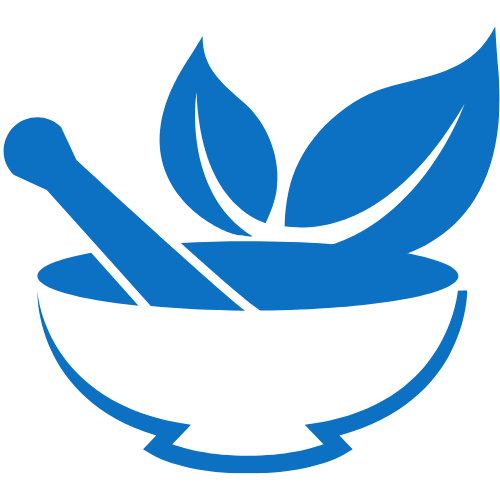
Ayurveda Treatment
- A concoction of lemon juice and edible oil
- Ladyfingers/okra
- Basil juice infused water
- Coconut water
- Horse gram
- Barley water
- Lemon water
- Buttermilk
- Pumpkin soup
- Green cardamom with sugarcane juice
- Tulsi seeds with sugarcane and milk
- Cumin seeds with sugarcane and honey
- Fennel seeds with coriander and sugarcane
- Watermelon
- Amla powder in the food

Surgery
- Shock Wave Lithotripsy (SWL): In this procedure, the doctor uses sound (sound or shock?) waves to break the large stones so that when they can pass through the ureters more easily. To track the exact location of stones, X-rays or ultrasound is used. The whole procedure is performed under the influence of light anesthesia. But the problem with this treatment is that it is not very effective for very hard or large stones.
- Ureteroscopy: In this procedure, the urologist passes a device known as ureteroscope that helps them to see the stone without making any incision. The whole procedure is performed under the influence of anesthesia so there is no discomfort nor any pain. Once the location of stones is known, these are removed with a basket-like device or further broken into smaller pieces with a laser or other stone-breaking tools.
- Percutaneous nephrolithotomy (PCNL): In PCNL, an instrument known as nephroscope is inserted through a half-incision in the back/side. This instrument breaks the stones and suctions out the pieces. This is considered as the most effective treatment option for curing large stones in the kidney.

Medication
Here is the list of medicines that treat some symptoms of kidney stones-
- Allopurinol
- Thiazide diuretics to prevent the formation of calcium stones
- Sodium bicarbonate/citrate that makes the urine less acidic
- Phosphorus solutions
- For getting relief from the pain, try Ibuprofen, Acetaminophen or Naproxen sodium

Home Remedies
Diet for Kidney Stones-
- Drink at least 12 glasses of water on a daily basis
- Eat lots of citrus fruits and its juices
- Instead of calcium supplements, eat food that are rich in calcium- Milk, Yogurt, Cottage cheese, Legumes, Tofu, Dark green vegetables, Nuts, Seeds, Blackstrap molasses, Fortified soy milk, Goat’s milk, Salmon, Egg yolks, Cheese

Allopathic Treatment
- Calcium channel blockers and alpha-blockers that relax the ureter so that the stone can pass through easily.
- Potassium citrate or sodium citrate can prevent the formation of kidney stones due to high level of uric acid.
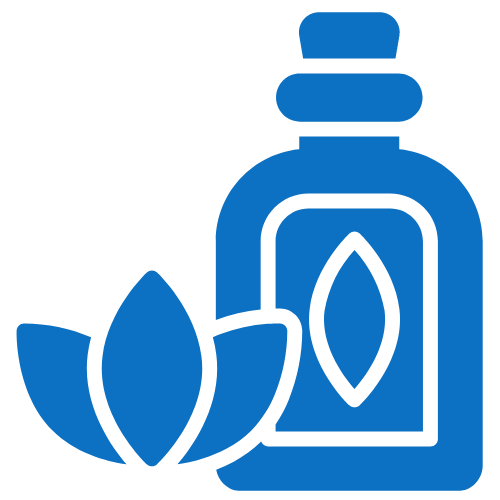
Homeopathic Treatment
The following medicines are recommended by homeopathic doctors to treat some of the symptoms of kidney stones-
- For relief from sharp and immense pain that goes to the groin area, Berberis vulgaris is recommended.
- To lessen the burning sensation when you urinate, take Cantharis.
- For reducing the pain over the abdomen while urinating, Colocynthis is recommended.
- For curing pain followed by nausea and vomiting, take Ocimum canum.
- For controlling the frequent urge to urinate, doctors recommend Pennyroyal.
- For pain that develops around the thigh region, Pareira Brava is very valuable.
Complications of Kidney Stones
- Formation of abscess
- Infections that lowers the functioning of kidneys
- Formation of urinary fistula
- Perforation of the ureters
- Sepsis formation in the urinary system
- Due to long-standing obstruction, there can be a renal loss
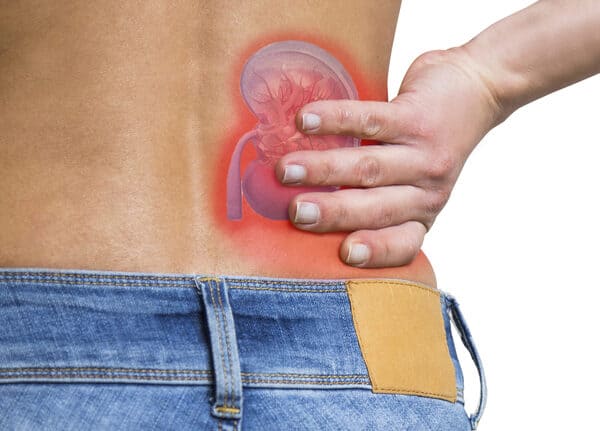
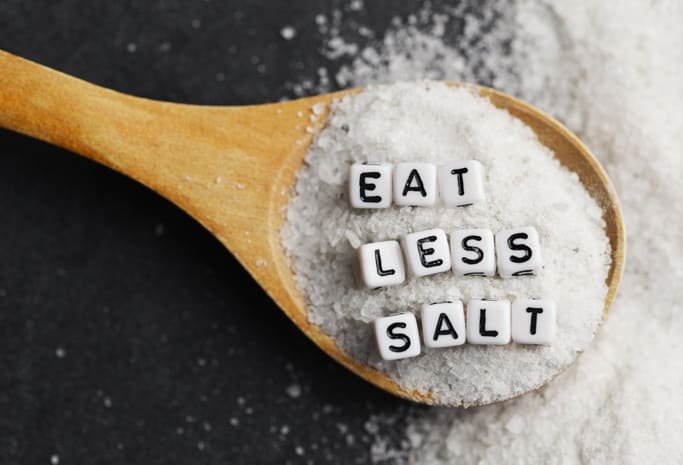
Prevention of Kidney Stones
- Keep yourself hydrated to prevent kidney stones to keep the urine output normal. Drink at least eight glasses of fluids on a daily basis.
- A low-calcium diet can increase the risk of gallstones. Hence, eat a calcium-rich diet.
- Avoid a sodium-rich diet to keep urine calcium levels low. Food that are high in sodium are processed food, canned soups, canned vegetables, lunch meat, etc.
- Limit the consumption of animal protein such as beef, poultry, fish or pork.
- Try herbal remedies that prevent the formation of calcium-oxalate stones.
- Restrict taking vitamin C supplements to lower the risk of kidney stones development.
Our clinics are accessible from these cities
If hemorrhoid symptoms persist after 1 week or complications occur, a person may need medical treatment. A person should call a doctor if certain symptoms appear, particularly heavy bleeding, severe pain, or fever. You can visit us at the following cities:

3000+
Happy Patients
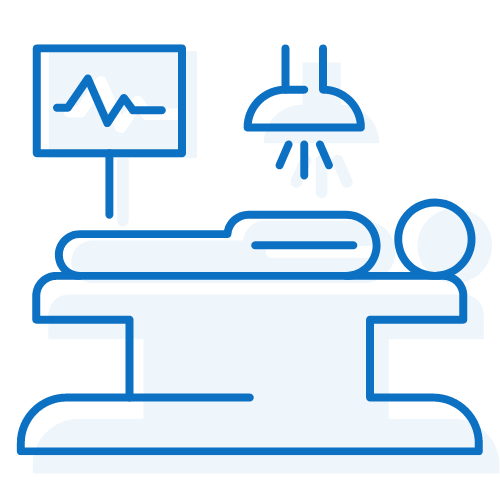
1000+
Surgeries

10+
Doctors

Clinics Across India

Multi-
City
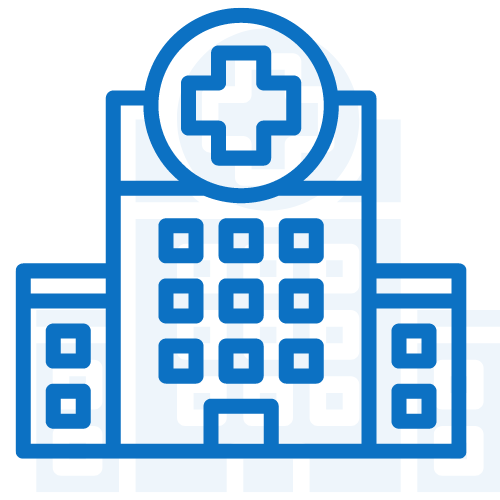
3+
Hospitals
Our Clinical Footprint
We provide easy storage and access to information from Mantra Care technology. Here, patients can easily acquire notes from virtual doctor consultation, treatment plans, prescriptions, and more from one place. Get medical information 24/7 from any digital device.
Mantra Care aims at creating a much more efficient experience for the patients through their cost-effective and quality-driven medical treatments.
We provide relatively lower cost treatments for almost every health problem making our company the best choice for patients. Mantra Care technology automates all the manual tasks for members and doctors, making it a viable choice for acquiring lower-cost treatments.